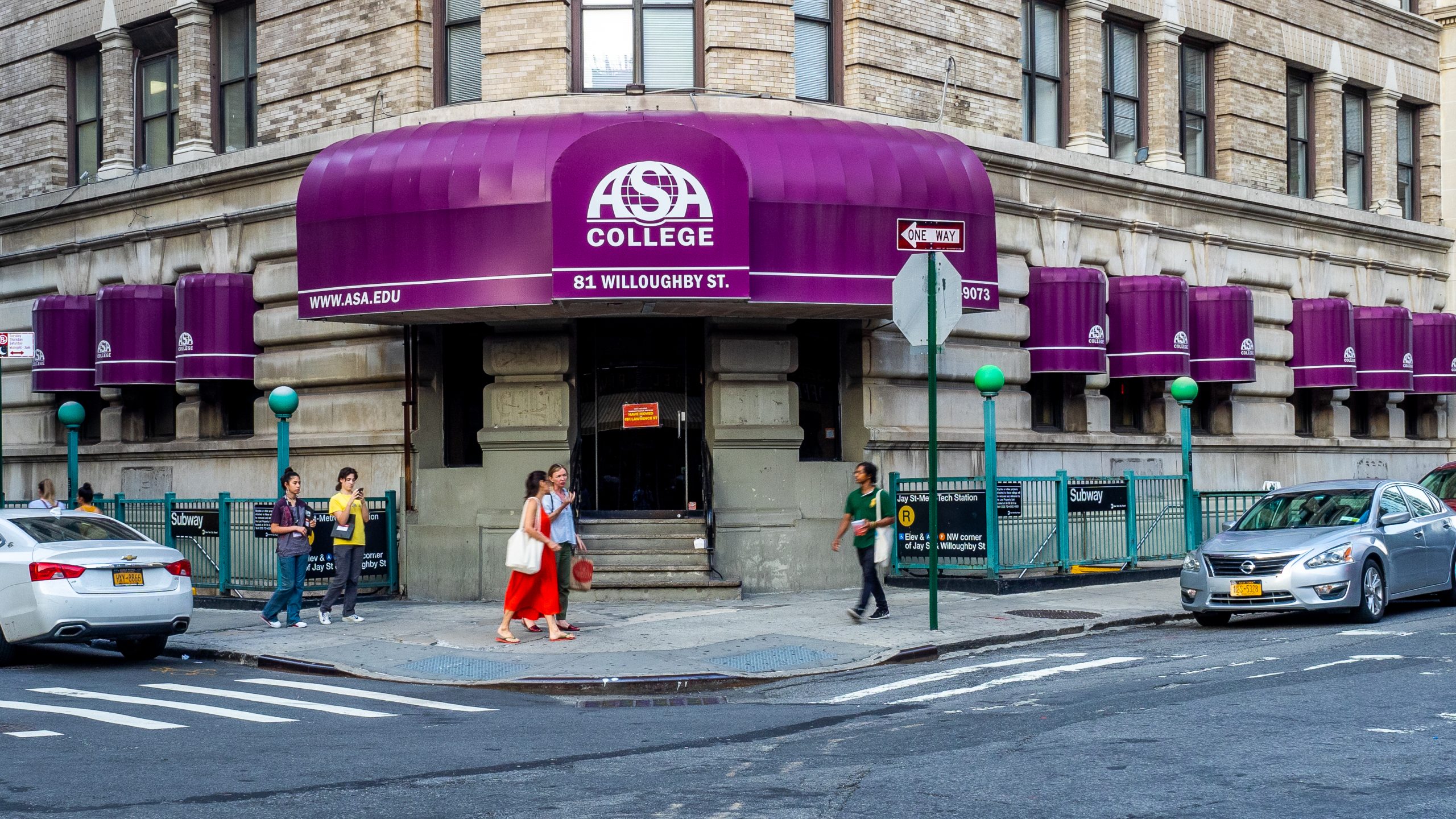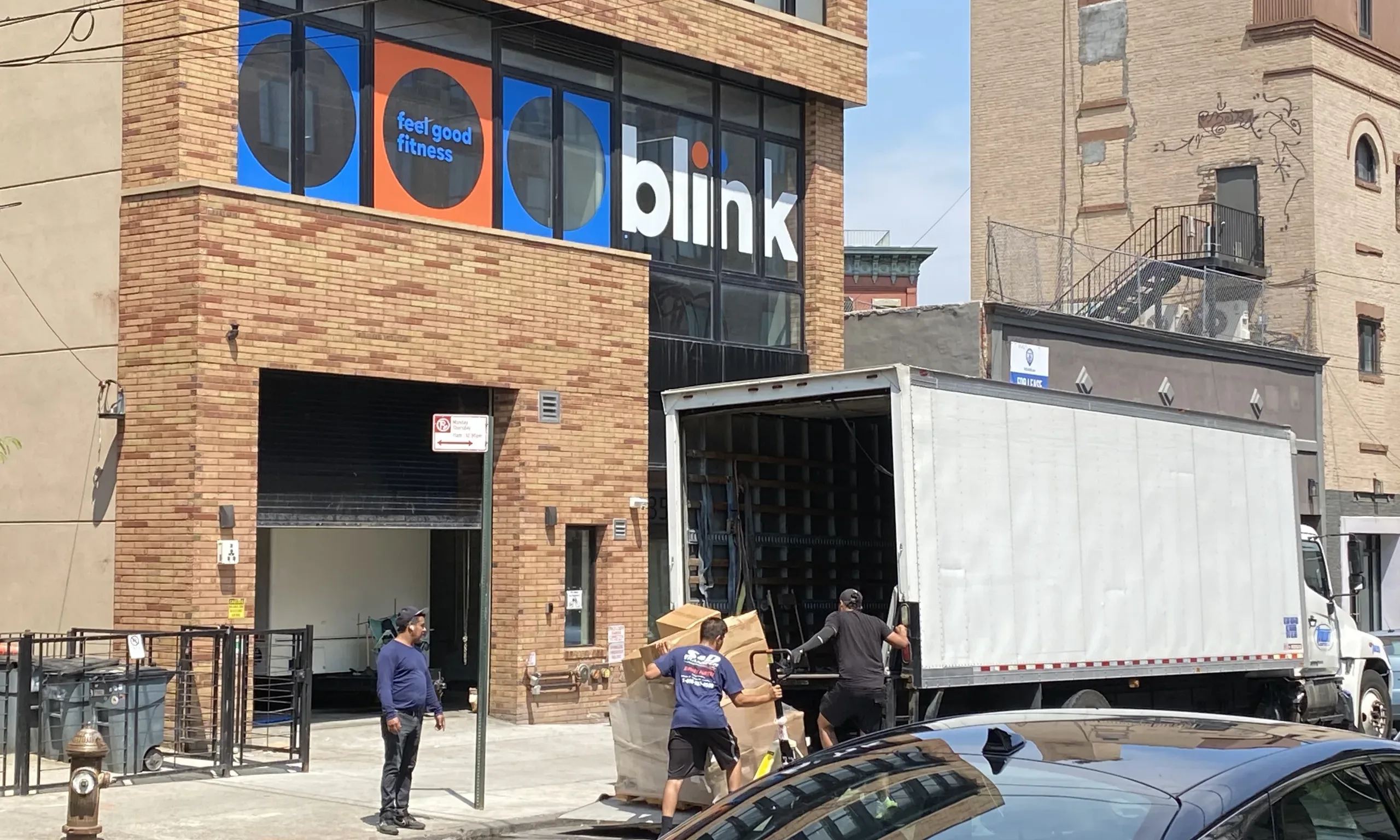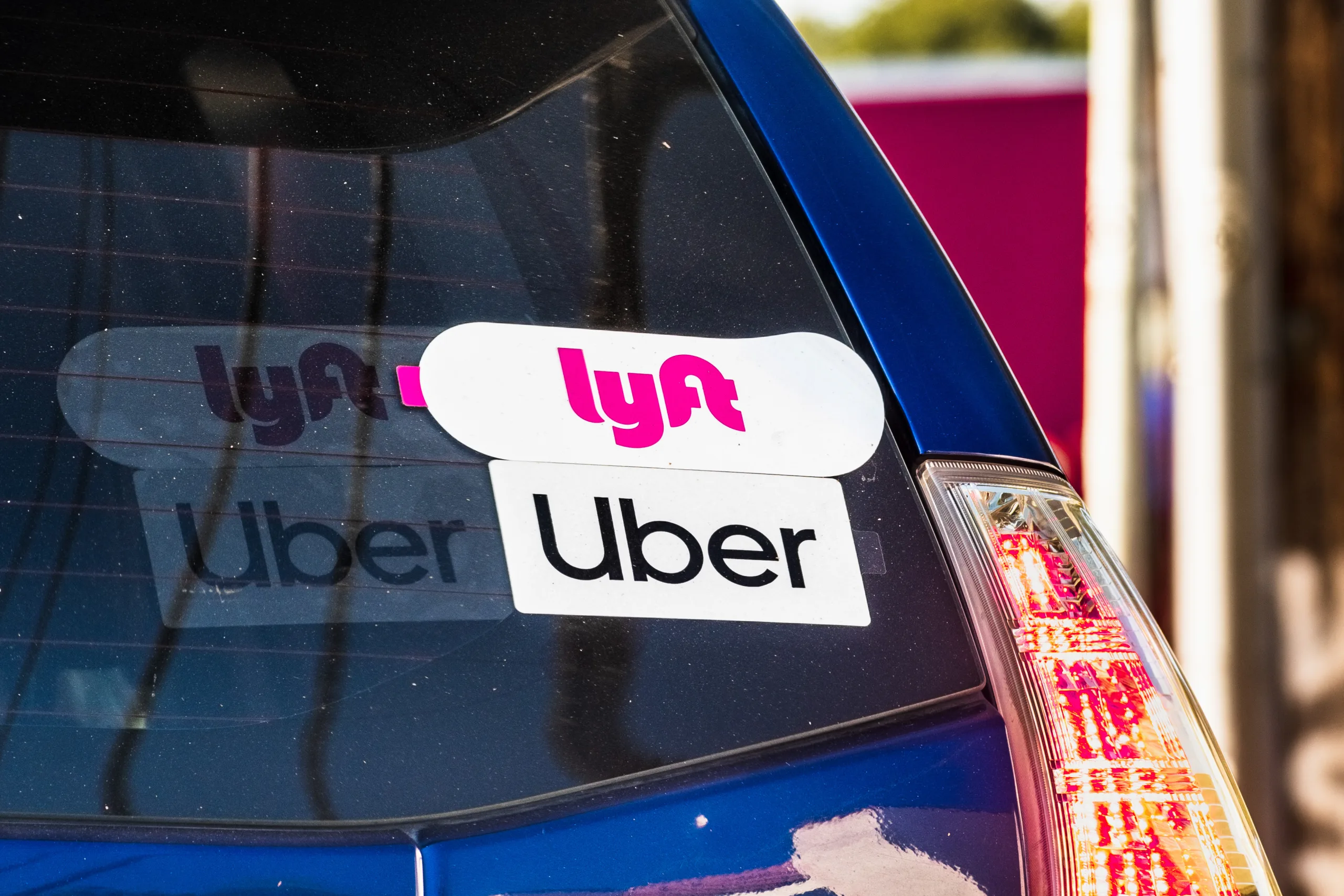When Farouk Armand first arrived in New York from Burkina Faso in 2016, he was eager to experience the City’s world-renowned education system. Armed with a coveted F-1 Visa, Armand was in search of the best school to study business administration. A friend suggested he apply to the Downtown Brooklyn campus of ASA College because they easily accepted F-1 Visa holders. Not knowing anything about the school, Armand, who was 18-years-old at the time, applied and was accepted.
What Armand didn’t know at the time was that ASA was one of the City’s largest private for-profit higher-education institutions with a reputation for ripping off its students. Years later, he feels like he was cheated out of $15,000 by the college and wasted two years of his life.
“I basically didn’t learn anything when I was at that school,” he said. “They weren’t treating me as a human but as a wallet.”
Throughout the year, hundreds of ASA ads stating “STAY LEGALLY IN AMERICA” were plastered across subways and buses, promising low-income immigrant students that the college could help them stay in the country and provide them with $4,000-$8,000 “gifts” upon graduation. On Monday, the Department of Consumer and Worker Protection (DCWP) found that the advertisements were deceptive and that ASA violated the City’s Consumer Protection Law. ASA has agreed to pay $112,500 in civil penalties and promised to follow the law it violated.
“ASA illegally preyed on vulnerable immigrants, searching for a better life here in New York City,” said Immigration Committee Chair, Council Member Shahana Hanif. “The settlement with DCWP is a victory for immigrants in our City and the many more who one day hope to call this place home. Make no mistake, any business in our City must follow our laws and if they refuse, our City will ensure justice is served.”
ASA attorney, Steve Johnson, who negotiated the deal with DCWP, denied that the college engaged in any wrongdoing.
Also Read: How Immigrants Can Take a Free English Course in NYC
“It was a business deal at the end of the day,” he said. “We paid a fairly nominal amount. We actually had a fairly constructive dialogue with the City that was kind enough to hear our side out. We didn’t believe the ads were deceitful in any way. We weren’t targeting anyone. Once they raised their concerns we voluntarily took down the ads.”
Still, Monday’s announcement is only the latest of a long trail of lawsuits and complaints that have plagued the college for years. Just last year, the college was placed under probation and was in danger of losing its accreditation for failing to keep up with educational standards. The college founder, Alex Shchegol, was fired in 2019 when at least 10 women accused him of sexual harassment and rape. In 2021, Shchegol briefly regainined control of the college and fired the entire board of directors, only to resign a few months later.
It’s also not the first time the college has been accused of engaging in false advertisements. In 2014, the New York Legal Assistance Group filed a class action lawsuit against ASA, accusing the college of systematically lying to prospective students by engaging in such practices as inflating the job placement rates, manipulative pricing structures, and misrepresenting the availability of financial aid. ASA was forced to settle the case in 2016 and was required to no longer engage in deceptive advertising.
The college’s attorney, Steve Johnson, acknowledges that the ASA has had a checkered past, to say the least, but insists that the college has turned a new leaf.
“Jose Valenza has been the interim president for some time and I think we are trying really hard to be as responsible as we possibly can,” he said. “As you probably know, Alex Shchegol stepped back in the fall for a very brief period of time, he then voluntarily stepped out and Jose Valenza has been running everything since then in a very business-like manner. I’m not going to deny there have been problems with the college in the past, there’s no doubt about that, but I think it’s looking good for the future.”
None of ASA’s past was known to Armand when he first enrolled. Yet, after his first year at the school, Armand grew deeply disappointed by the quality of the education he was getting. He felt the instructors were barely qualified to teach and that the student resources were sparse. But when he showed that he had trepidations about re-enrolling, the college would pressure him to continue.
“They kept calling me and sending me emails to come register,” he said. “Because I have a deadline and that I’m going to lose my F1 status if I don’t register by then and even if I don’t pay I will lose my F1 visa.”
Armand felt stuck between a rock and a hard place. Going back to Burkina Faso was not an option. In his eyes and the eyes of his family, if he lost his student visa, he would be forced to return home as a failure.
“I felt scared, me being new to the country and not knowing anything about it, I just believed everything I was being told,” he said. “It made me stay in the school two more semesters but after that, I was like nah I’m done.”
TestPost3
In total, Armand spent $15,000 of his own money at ASA. Eventually, in 2018, he transferred to Brooklyn College, but when he enrolled he was in for yet another surprise.
“There was a time when I tried to transfer schools and they weren’t even accepting my credits from ASA,” he said. “It was a waste of money. I wasted two years of my life studying nothing and giving them my money basically.”
At Brooklyn College, he was forced to start his education from scratch. When he heard about the DCWP settlement, Armand said he hoped that the City will do even more.
“If they are still acting the same way they should close down because I don’t want other people to go through what I went through,” he said.












